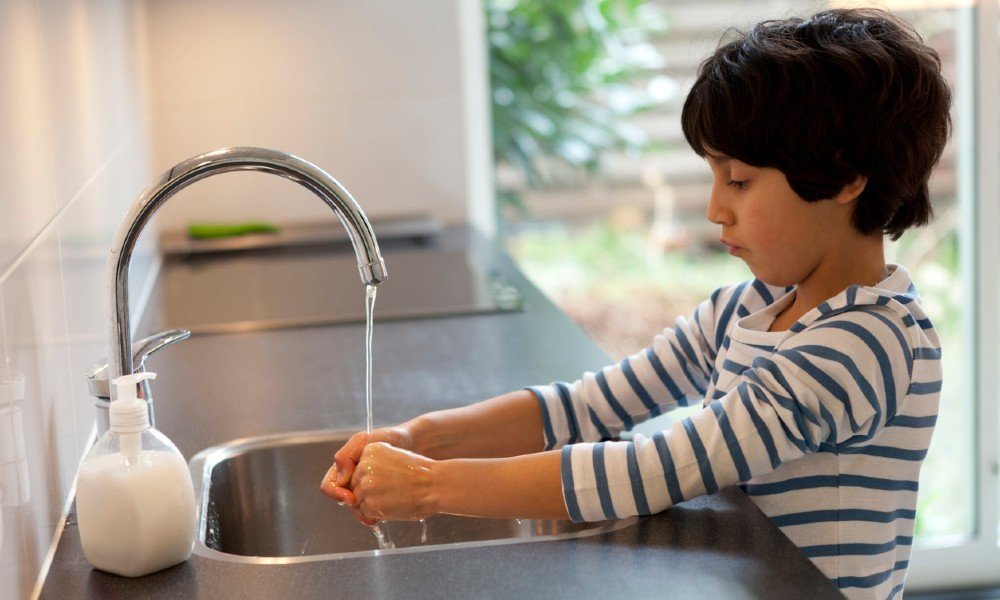
With all the news and updates about the dangers of coronavirus, it is imperative that we follow all the directions and take precautions to take care of our children. That is easier to do when we're at home and can watch over what they do, but teaching them the right steps to taking care of themselves when they are in school is key.
More from MamásLatinas: All about the deadly coronavirus & how you can protect your family
There is currently no vaccine to prevent our children–or ourselves–from contracting the coronavirus disease 2019 (COVID-19). The best way to prevent illness is to protect our kids and avoid them being exposed to this virus. The Centers for Disease Control and Prevention recommends taking everyday preventive actions to help avoid the spread of respiratory diseases and to keep our families safe.
The virus hasn't had a major impact on children.
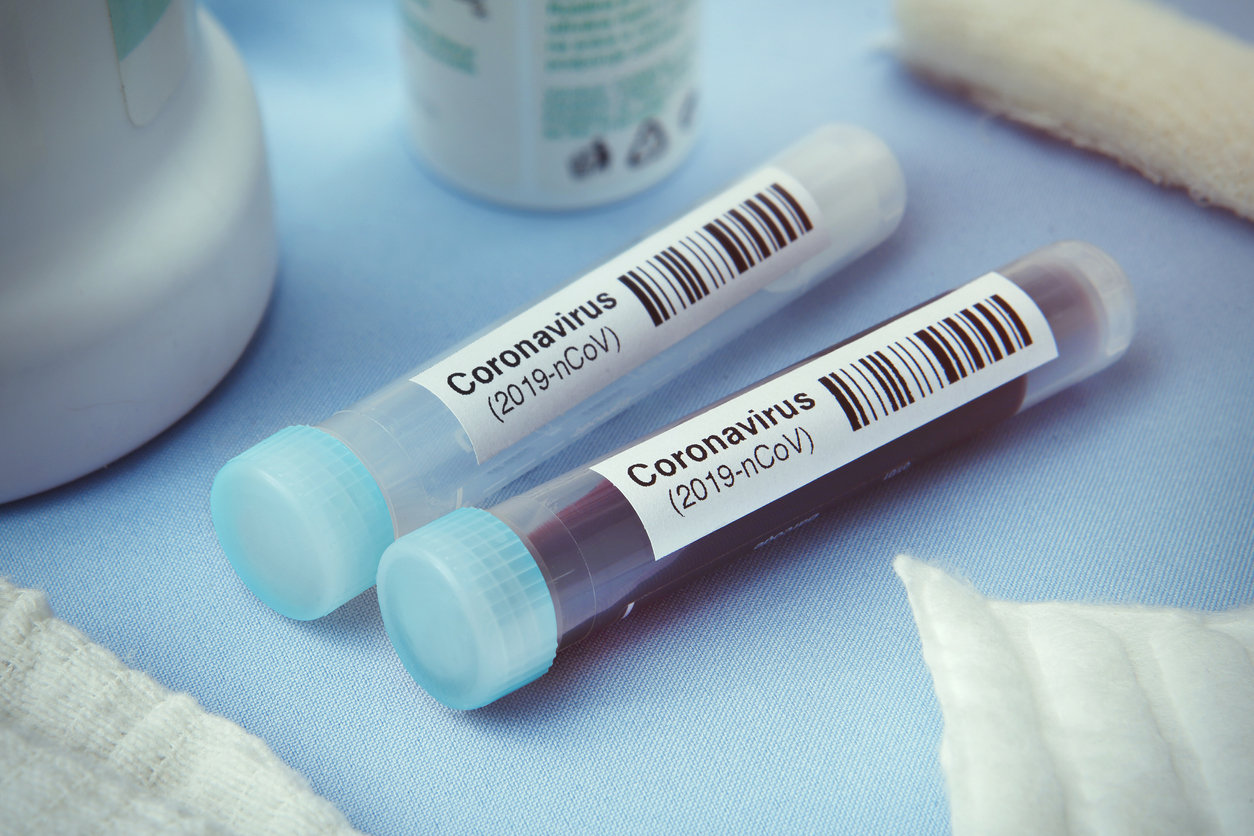
Coronavirus has affected thousands of people around the world, and has been the cause of death for many in several countries, including Italy, China, and the US. Children have seen minimal damage with the disease, thankfully, as it seems to be more dangerous for the elderly and people with a compromised immune system. Still, kids are also in danger when they come in close contact with people who are sick. If you know someone who is sick, try to keep yourself and your children at a distance from them.
Make sure they stay home when they are sick.
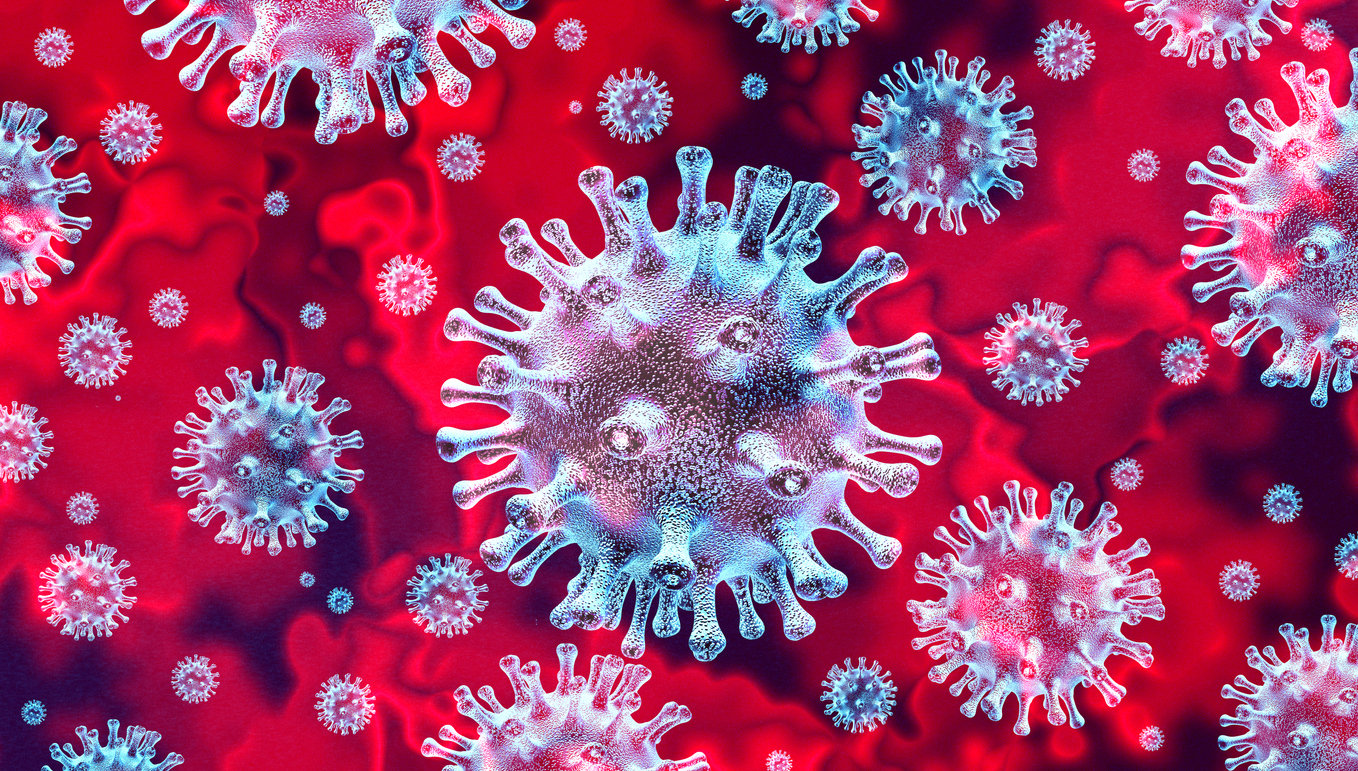
If they are already sick, it is better for them to stay home since their defenses are down so they are more prone to contracting diseases when their immune systems are already weaker. Encourage them to take vitamins and eat healthier.
Have them wash their hands often with soap and water.
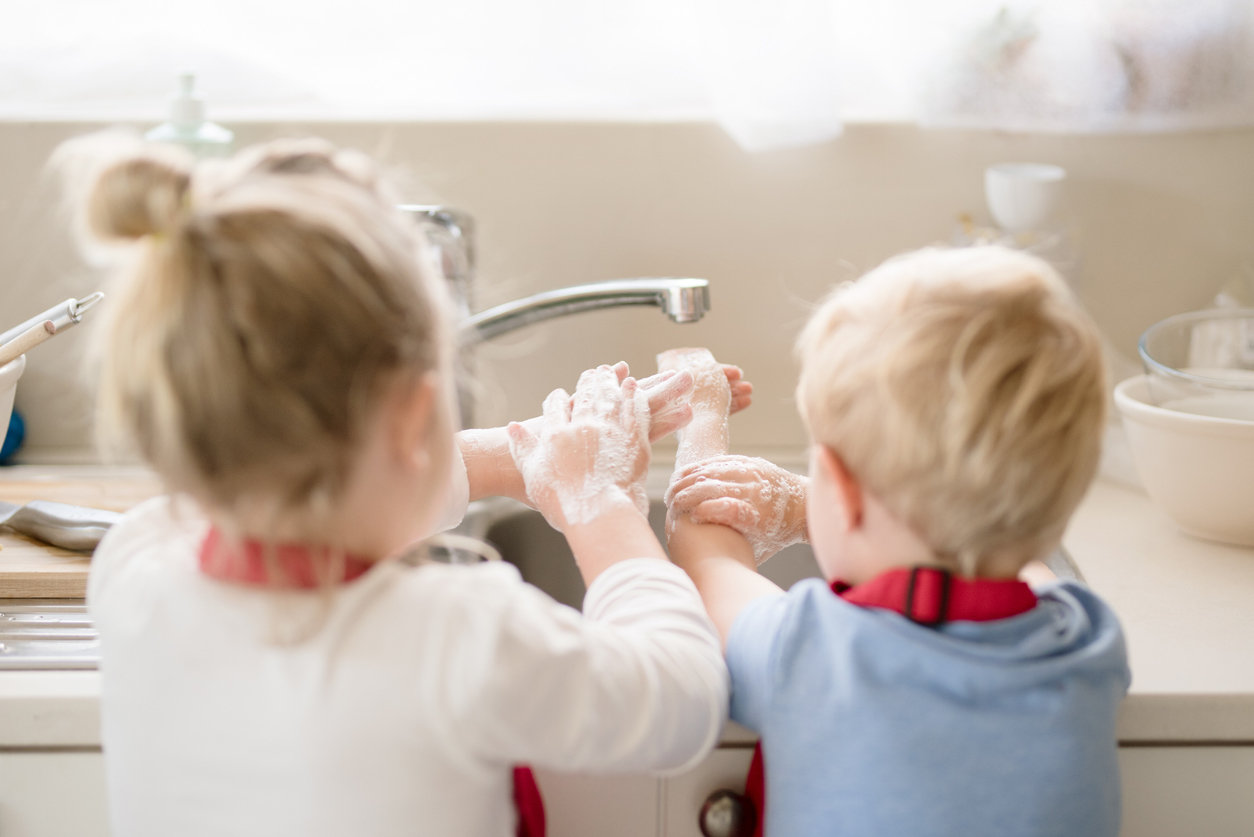
The CDC recommends you teach your kids to wash their hands for at least 20 seconds. A good trick is to tell them to sing "Happy Birthday" from beginning to end while they wash. They have to be diligent with their handwashing, especially after going to the bathroom, after being outside, before eating, after blowing their nose, coughing, or sneezing. If there is no soap and water nearby, use an alcohol-based hand sanitizer with at least 60% alcohol.
Clean and disinfect their areas often.
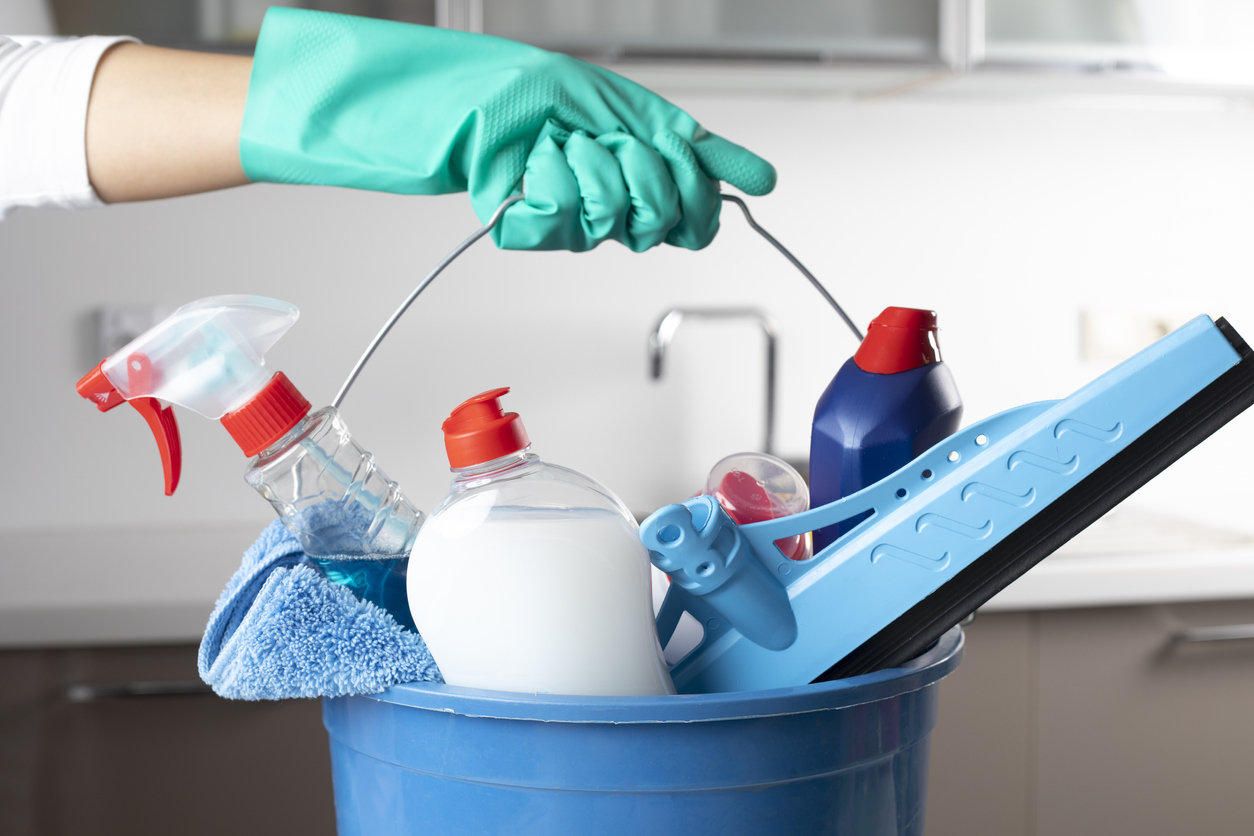
Encourage kids–or their teachers–to clean their desks frequently, as well as other objects and surfaces they touch regularly, using cleaning spray or wipes. Pack some wipes for your kids in their backpacks so they're always prepared.
Tell kids they should avoid touching their eyes, nose, and mouth.
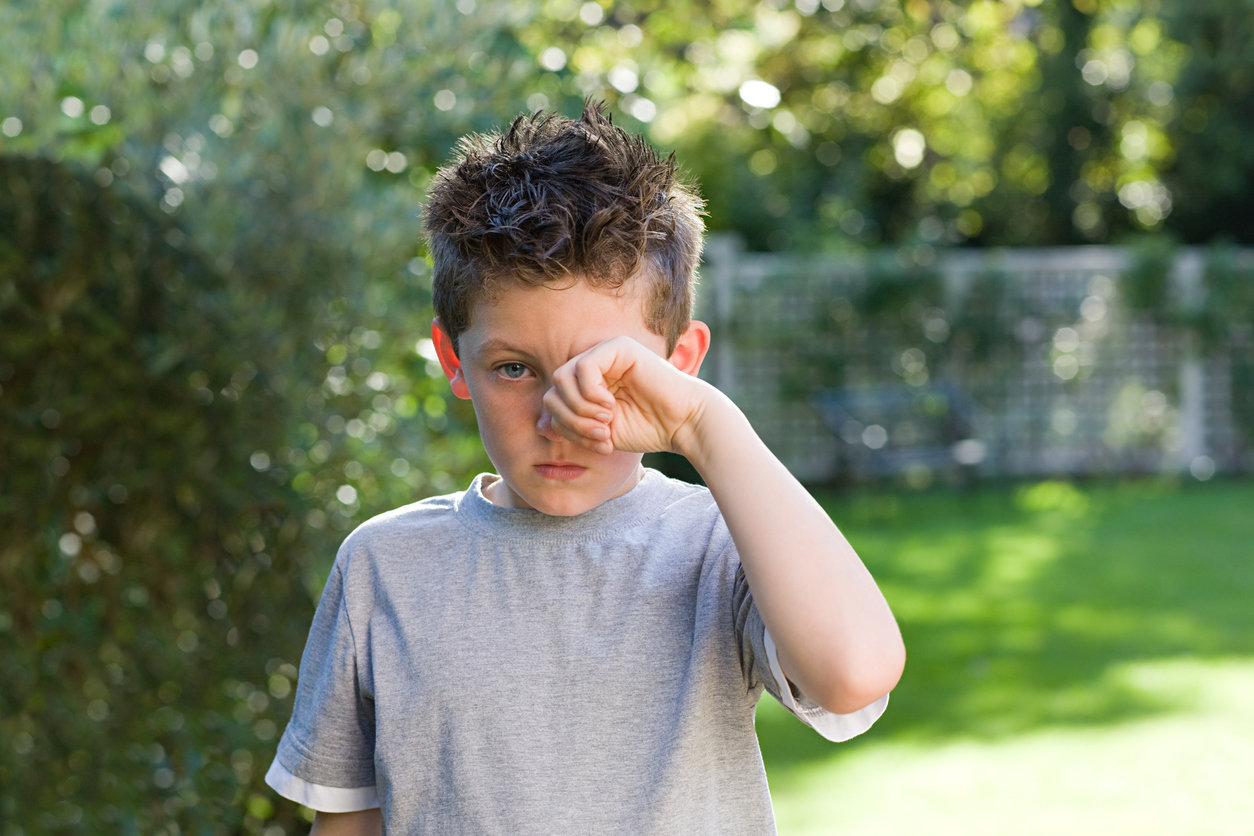
Teach them to avoid touching their eyes, nose, and mouth, especially if they haven't washed their hands yet. They must also cover their coughs and sneezes with a tissue, then throw the tissue out in the trash to avoid the spread of germs.
Follow the CDC on social media for current tips.
It's important to keep up to date with diseases like this as the information often changes from day to day. Stay informed of the situation and the latest advice on protecting you and your family.




